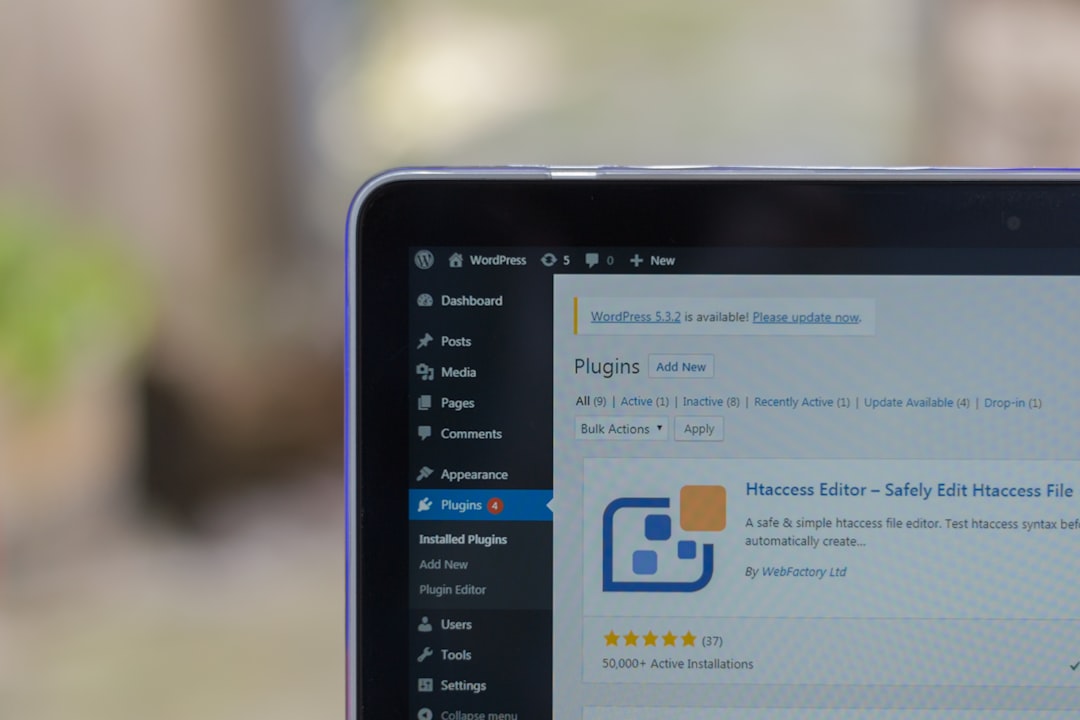As digital commerce continues to expand rapidly, businesses offering virtual products—such as ebooks, music, software, and paid subscriptions—are increasingly reliant on specialized ecommerce tools to manage operations. These tools are not only essential in delivering content securely and efficiently but also play a vital role in customer satisfaction and revenue optimization.
Digital downloads and subscription-based services differ significantly from physical goods when it comes to management and delivery. Therefore, robust, reliable, and scalable ecommerce platforms are necessary to streamline their processing. Here is an in-depth look at how ecommerce tools contribute to the efficient management of digital goods and recurring services.
The Role of Ecommerce Tools in Handling Digital Downloads
Managing digital products presents a unique set of challenges: instant availability, secure delivery, file size considerations, and piracy concerns. Advanced ecommerce platforms are specifically designed to address these issues.
- Automated Delivery: Once a purchase is completed, ecommerce tools can instantly deliver download links or access credentials to the customer’s email or account dashboard. This eliminates any manual labor and ensures a seamless user experience.
- Secure Distribution: These platforms often integrate digital rights management (DRM) solutions, limited-time download links, and IP restrictions to prevent unauthorized distribution of content.
- File Hosting Integration: Some ecommerce solutions come with built-in storage or integrate with cloud providers like AWS or Dropbox, ensuring scalable, safe, and fast access to content.

Providing digital goods without interruptions or risks not only enhances customer trust but also upholds the value of the product offered.
Managing Subscription-Based Sales
Handling recurring revenue models introduces its own complexities—payment cycles, subscription tiers, customer retention, and analytics. Fortunately, modern ecommerce platforms come equipped with features specifically tailored to these requirements.
- Automated Billing: Rather than collecting manual payments, subscription tools integrated within ecommerce platforms handle automated invoicing, tax calculations, and retry logic for failed payments.
- User Management: Customers can easily manage their subscriptions—pause, upgrade, downgrade, or cancel services through self-service dashboards—greatly improving user satisfaction.
- Revenue Analytics: Reliable ecommerce tools provide detailed insights into recurring revenues, churn rates, customer lifetime value, and engagement metrics.

Subscription products benefit immensely from tools that reduce churn and boost user engagement. Segmenting and targeting subscription users based on behavior and preferences becomes a scalable function with the right software infrastructure.
Integrated Marketing and Customer Support Capabilities
Ecommerce tools are not limited to just transactions—they often include built-in marketing and customer service functionalities. Leveraging AI in Customer Service can enhance these tools, allowing businesses to provide faster, more personalized support while maintaining brand consistency and fostering strong customer relationships. This is crucial for businesses aiming for brand consistency and strong customer relationships.
- Email Automation: Send download confirmations, renewal reminders, and exclusive offers based on customer activity and history.
- Cross-Selling and Upselling: Recommend complementary digital products or higher-tier subscriptions intelligently through customer data analytics.
- Live Support Integration: Provide instant resolution to customer queries via integrated chat tools or ticketing systems directly within product delivery pages.
Modern ecommerce platforms transform passive download portals into dynamic customer engagement ecosystems.
Compliance and Security
With increasing data privacy regulations across industries and continents, compliance and security are no longer optional. Trusted ecommerce platforms ensure adherence to standards such as GDPR, PCI-DSS, and other regional frameworks.
- Encrypted Transactions: SSL protection and tokenized payments protect user data during transactions.
- Audit Logs: Maintain records of all user interactions and system access for transparency and traceability.
- Compliance Modules: Features like cookie consent, data export, and deletion requests ensure your operations remain legally sound.
Conclusion
Choosing the right ecommerce platform is essential when offering digital downloads or subscription products. It’s more than just facilitating payments—it’s about delivering uninterrupted service, building customer trust, securing assets, and gleaning insights that fuel growth.
Whether you’re a studio selling digital art, a SaaS company managing thousands of monthly users, or an author distributing ebooks, well-chosen ecommerce tools will streamline your digital operations and empower your business to scale responsibly and sustainably.
In a digital world, your ecommerce infrastructure is the foundation of customer satisfaction and business continuity.
